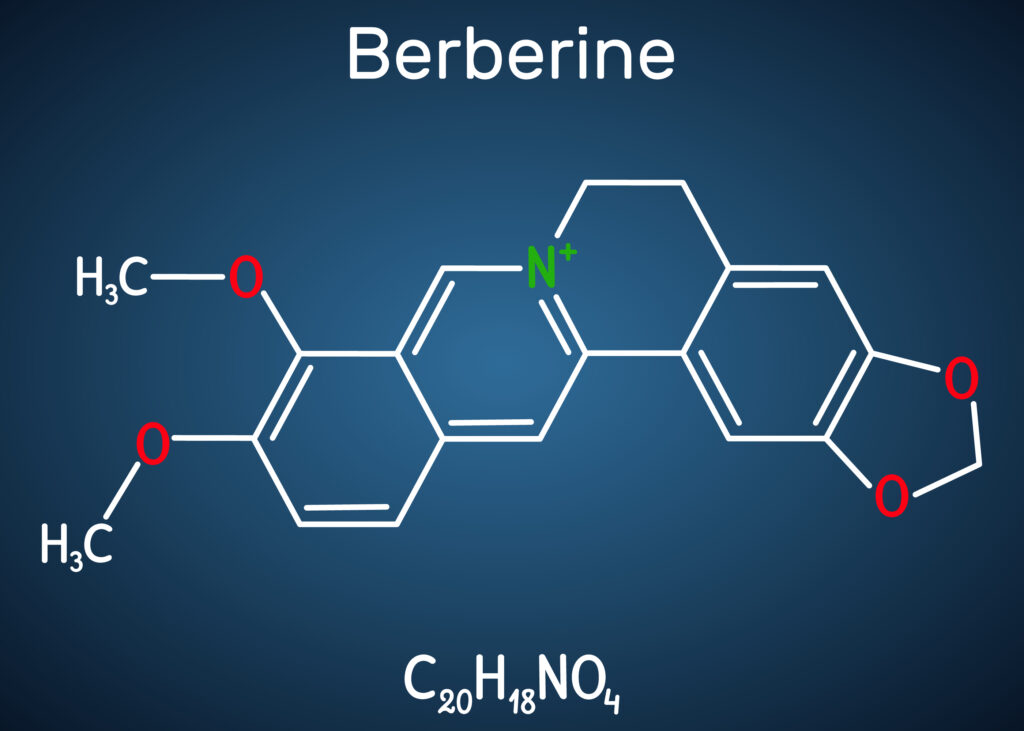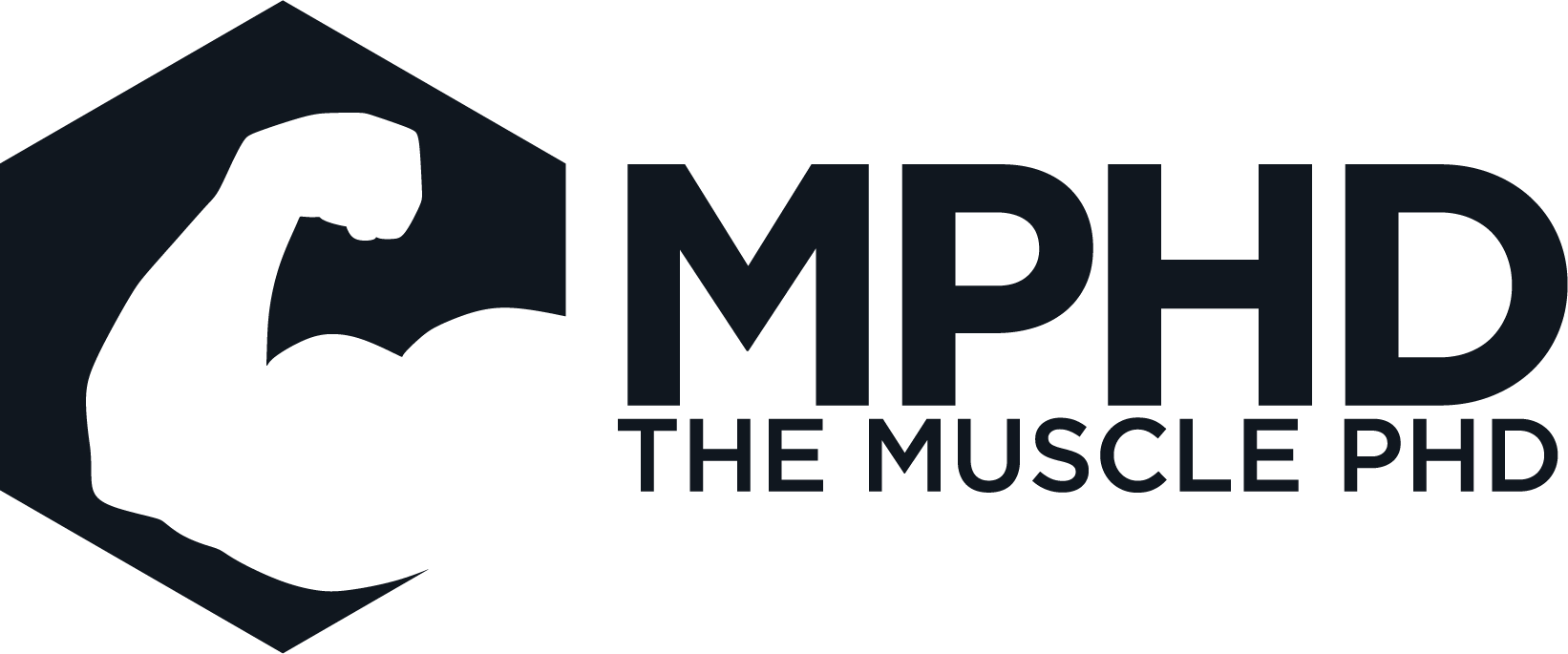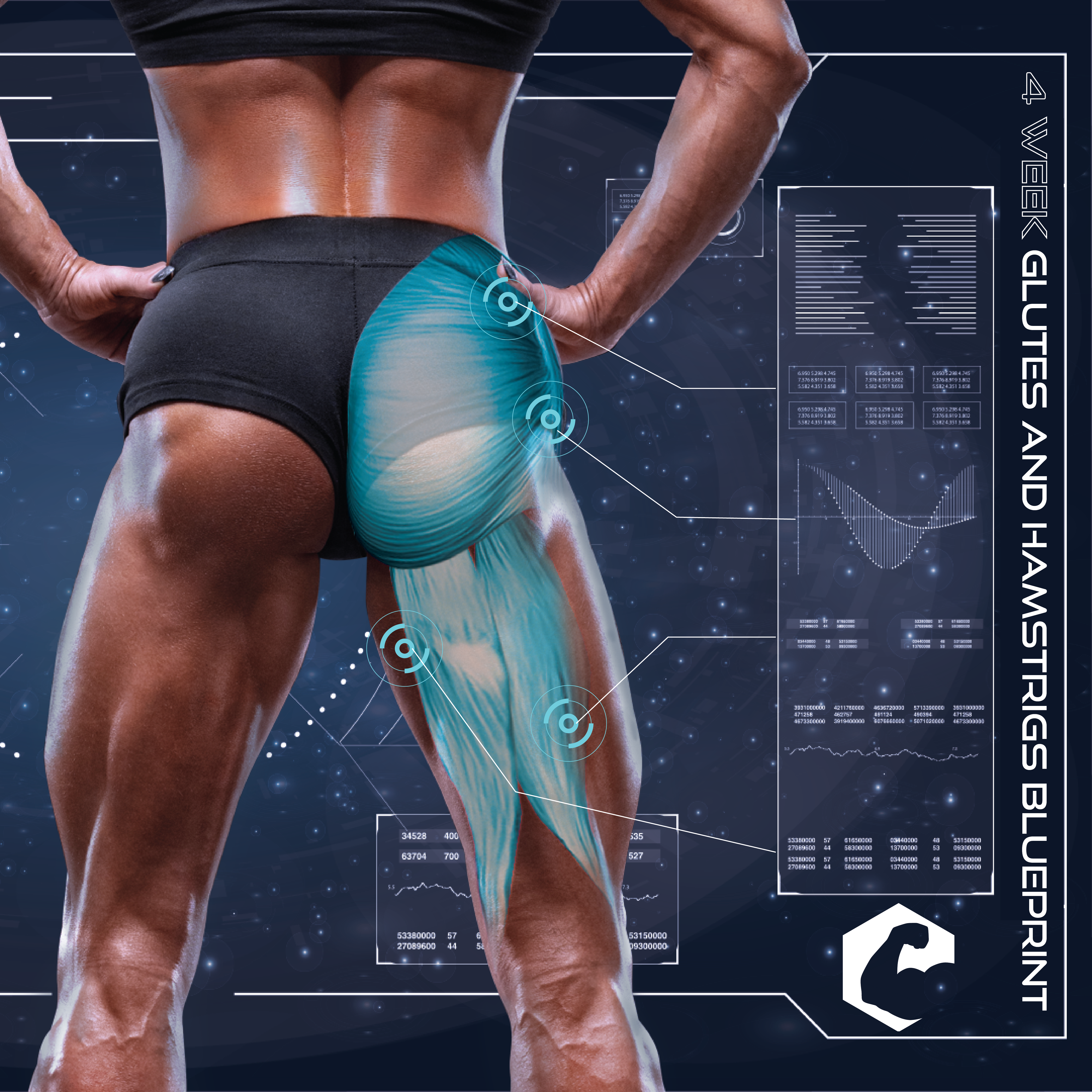It might not be a stretch to say that your insulin sensitivity, or, more specifically, your insulin resistance, governs a huge aspect of your bodybuilding career. While insulin has been proven to have an anabolic effect, you need to keep in mind that it’s also a storage hormone.
If you’re insulin resistant and you work out, you might not be able to partition most of the nutrients you bring into your body and shuttle them into your muscles. So it’s not a long shot to claim that insulin sensitivity is the holy grail of supplementation.
If you’re insulin sensitive, then you will drive carbohydrates into the muscle, which gives you better pumps, faster recovery, and less fat gain, not to mention you’ll be more vascular. However if you’re more insulin resistant, then that might virtually stop your ability to burn fat.
The more insulin sensitive we are, the less insulin we need to release when we consume carbohydrates, and the more nutrients flow into the muscle, rather than being stored as fat. This is why it’s so important to keep an eye on your insulin sensitivity.
Okay, but what does insulin sensitivity have to do with berberine? You’re about to find out.
What Is Berberine?
Berberine is one of the most potent insulin sensitizers in the world. That means it can make you more insulin sensitive, and it does this by tricking your muscles into thinking they’re low on energy.
When your muscles are low on energy, the number of mitochondria increase, which stimulates the fuel gauge in the cell to think it’s low. Consequently, once your fuel gauge thinks it’s low, it’s going to start soaking up any fuel that enters your body, including glucose.

Once your glucose is soaked up and your mitochondria increase, you’ll enjoy long-term fat burn! Berberine is the seed that can start all of these sequences to help you burn fat by sensitizing you to insulin.
Can Berberine Help With Fat Loss?
Studies have shown that when people overfeed in a bulking cycle, they tend to gain a bunch of fat, which isn’t ideal for a clean bulk. By taking berberine with a meal, however, they were able to prevent their bodies from gaining fat.
That’s because since berberine increases insulin sensitivity by having your fuel gauge think it’s low, it becomes a sponge for taking up glucose. This increases mitochondria, which in turn lowers inflammation and helps us lose fat.
Can Berberine Hurt Your Stomach?

If you’ve stopped reading right about now, then you probably believe that berberine is some sort of miracle supplement that does it all. It helps you lose fat and gives you a cleaner bulk, at the same time making you more insulin sensitive? What a catch!
However, there are some downsides, and one of them is that berberine can cause gastric distress at higher doses. This means that it can hurt your stomach if you’re taking too much, and it can hurt a lot.
That’s why you need to help your stomach adapt to taking berberine just like you’d adapt any body part you have, by slowly increasing your dosage up to the amount you’re aiming for.
Recommendations for Supplementing with Berberine
To start, we recommend taking about 500mg of berberine before starting your meal. Following that, you can work your way up slowly to higher doses. Keep in mind that you should take berberine with your heaviest meal in order to better shuttle your carbs into your muscle.
Keep in mind that if you take more than 1.52g of berberine, you’ll actually lower your blood glucose, causing you to get shaky and extremely hungry. When this is the case, no amount of discipline is going to stop you from eating a lot and ruining all of the effects of both berberine and your diet.
So start with 500mg around 1-2 times a day, and then you can work your way up to 2-3g a day with no more than a gram per serving.
We hope this article helped you get the hang of using berberine as a fat loss supplement! We’re looking forward to seeing you in the next article.









